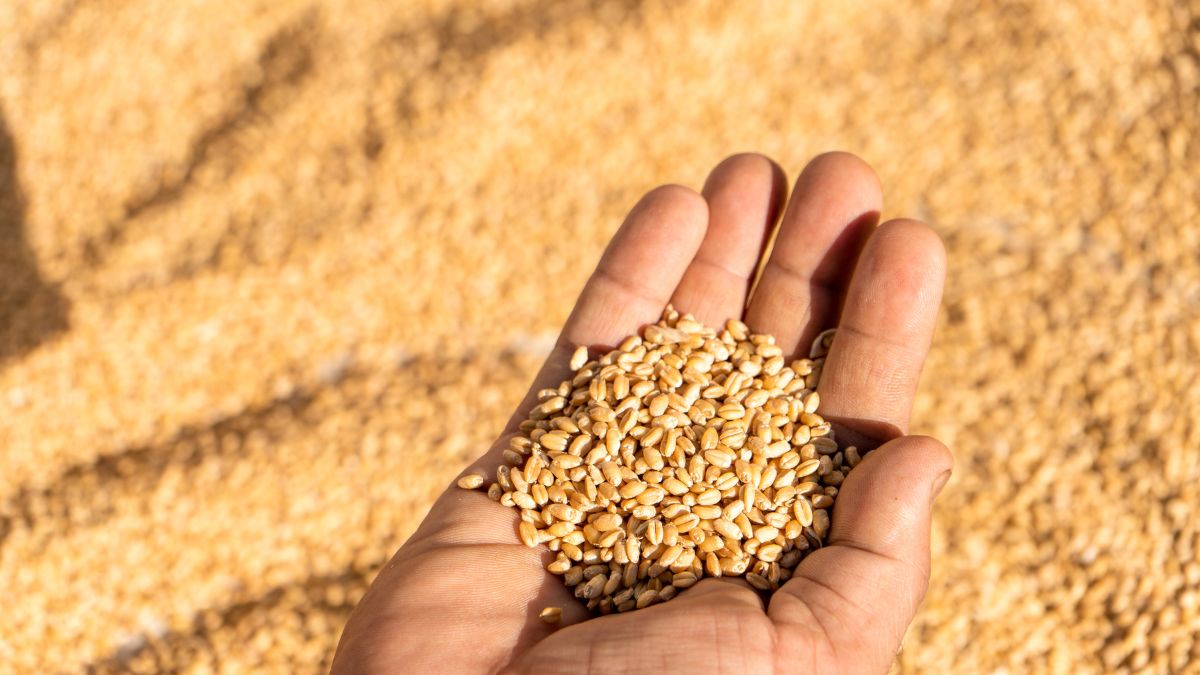Punjab Agricultural University or the PAU has developed a new wheat strain which is touted to be healthier than the strain which is used by the masses. This particular strain is known as the PBW RS1. Experts suggest that it can help control obesity and blood sugar. According to many, it will also be a bit higher in price than regular wheat grains given its health benefits. Here are the details you need to know about the new grain.
New Wheat Strain Developed By Punjab Agricultural University
According to the National Institute Ranking Framework or the NIRF, PAU is the top agricultural university in the country. It played a crucial role in the green revolution of India. The letters ‘RS’ in PBW RS1 stand for resistant starch. The high amylose content helps control diabetes.
This means that the high amylose content releases glucose more slowly in the bloodstream. This prevents a rapid rise of sugar levels in the blood. Since the wheat is digested more slowly, it also ensures faster satiation. People will full faster by eating this wheat than compared to others.
Its flour also has a lower glycemic index and is a great option for those who cannot have millet every day. Many reports also suggest that it is also helpful with cardiovascular disease. Furthermore, the taste of this grain of wheat is no different than the ones used generally.
Potential Downsides Of This New Grain
While there are many benefits of this nutritional new grain, there are potential downsides too. According to an article recently published by The Indian Express, the average yield that farmers get is 48 quintals per hectare. This sometimes goes up to 56 and even beyond 60 quintals.
However, the average yield that farmers would get from this new grain is somewhere around 43 quintals. Farmers would understandably be reluctant to grow these grains. However, it is strategised that if the grains are priced higher than usual, it might then incentivise farmers to grow them.
Also Read: Shamita Shetty Is A Pakka South Indian Who Prefers Rice. She Doesn’t Touch Wheat | Curly Tales
Would you pay a higher price for this new strain of wheat? Let us know in the comments below!
Cover Image Credits: Canva Imaged (Representational)

